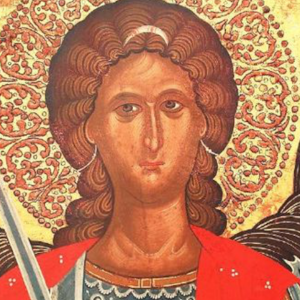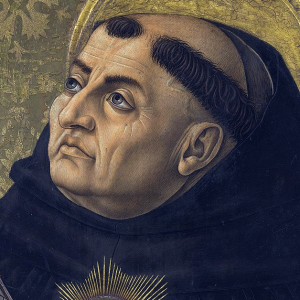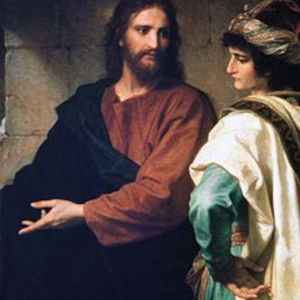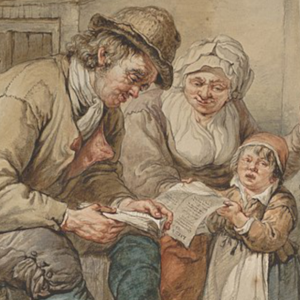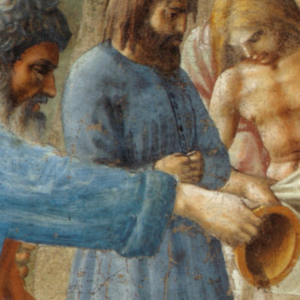The Holy Angels
Today, September 29th, the Church celebrates the feast of the Archangels, St. Michael, St. Gabriel, and St. Raphael, and on October 2nd celebrates the memorial of the Guardian Angels. In…
The Argument from Existence: Aquinas’s Philosophical Approach to God
Aquinas’s argument for the existence of God starts from his commonsense theory of existence for particular things. For Aquinas, existence is something things present in reality actually have or participate…
30th Anniversary of Veritatis Splendor
St. John Paul II wrote, during his relatively lengthy reign as Supreme Pontiff, many noteworthy and helpful documents. His first encyclical, Redemptor Hominis, reminded the faithful of the efficacy and…
Parents as Educators
As a new father, I look forward to the education of my daughter with a certain amount of anxiety and trepidation. Marriage is primarily for the sake of the procreation…
St. Cyril of Jerusalem and the Mystagogy of Baptism
Sometime around the year 350, St. Cyril was named Bishop of Jerusalem. St. Cyril served as Bishop of Jerusalem during tumultuous times, both political and theological. During his reign as…


